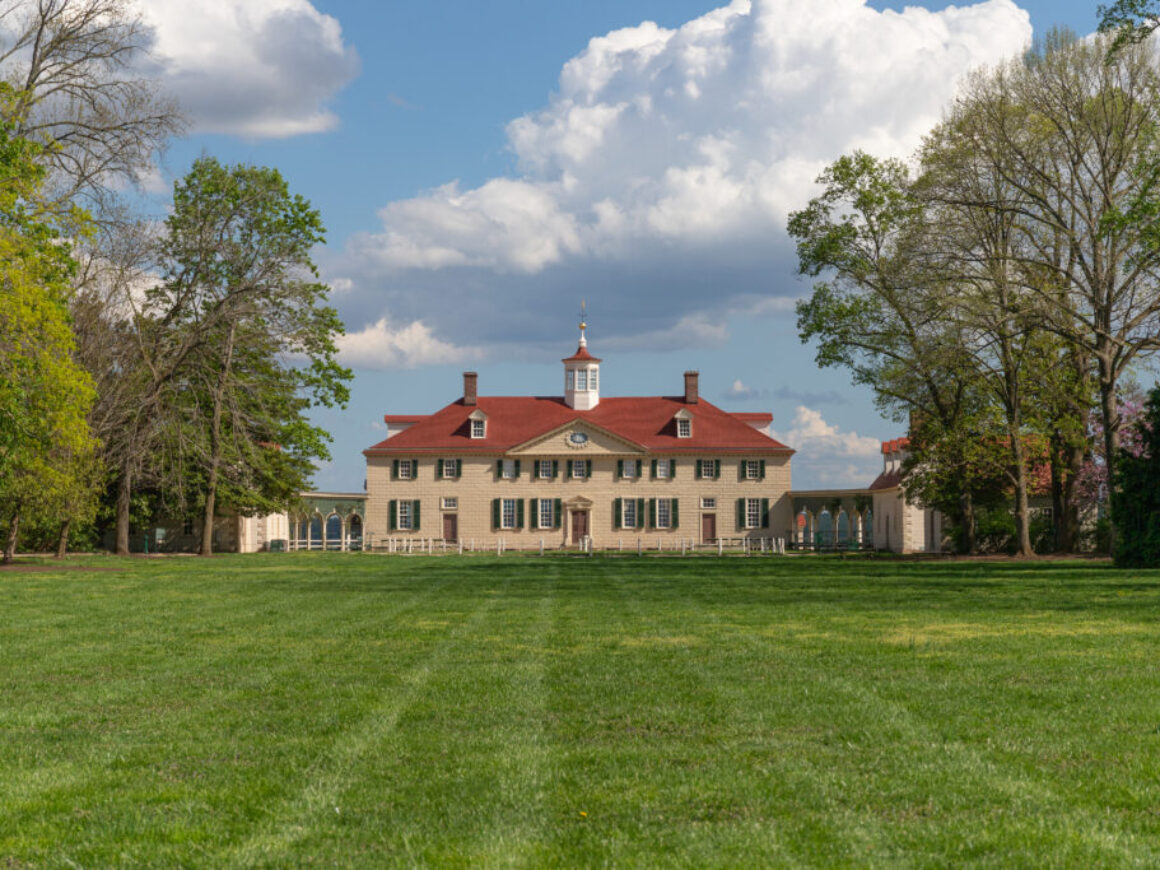The Role Technology has on Public History
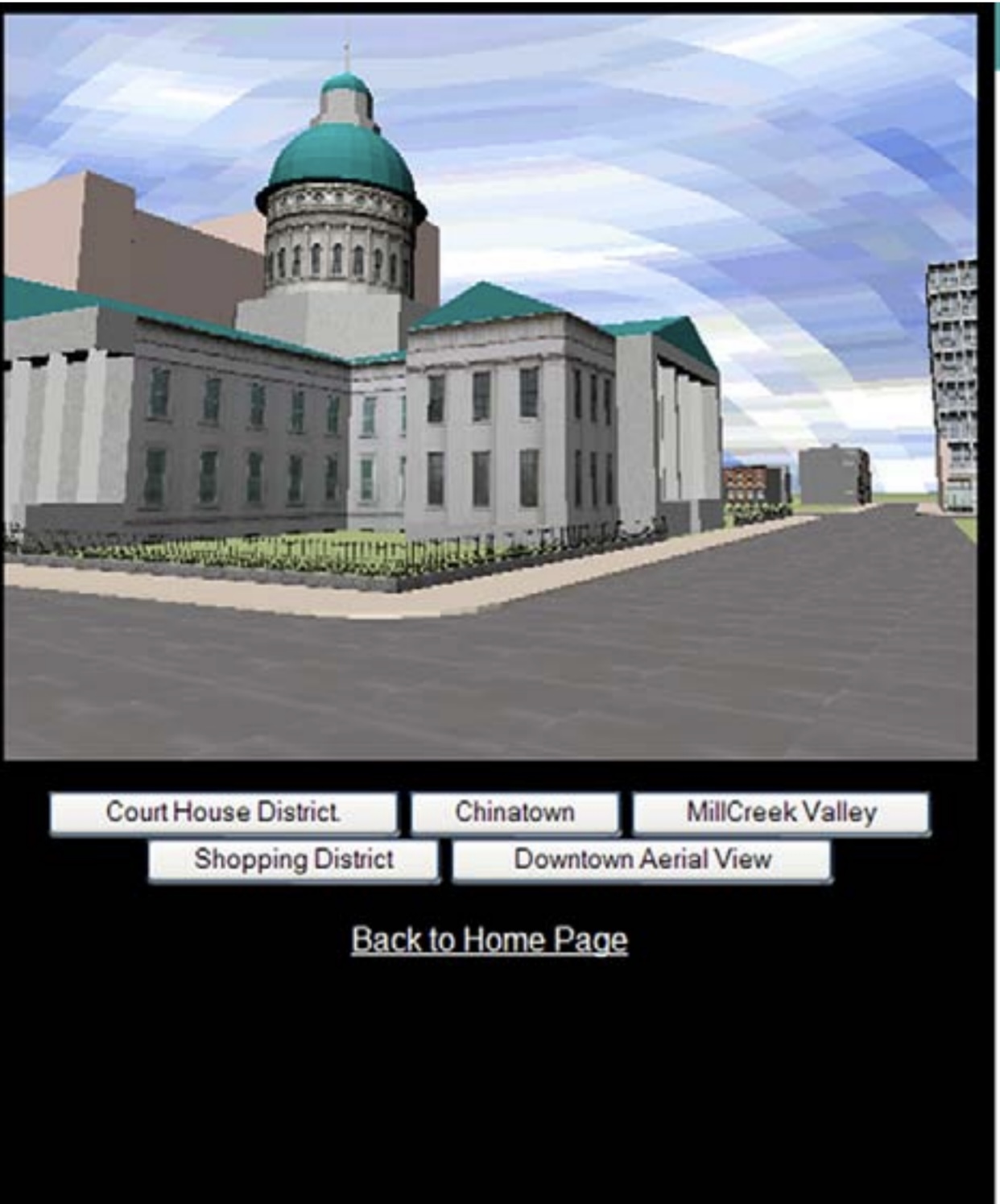
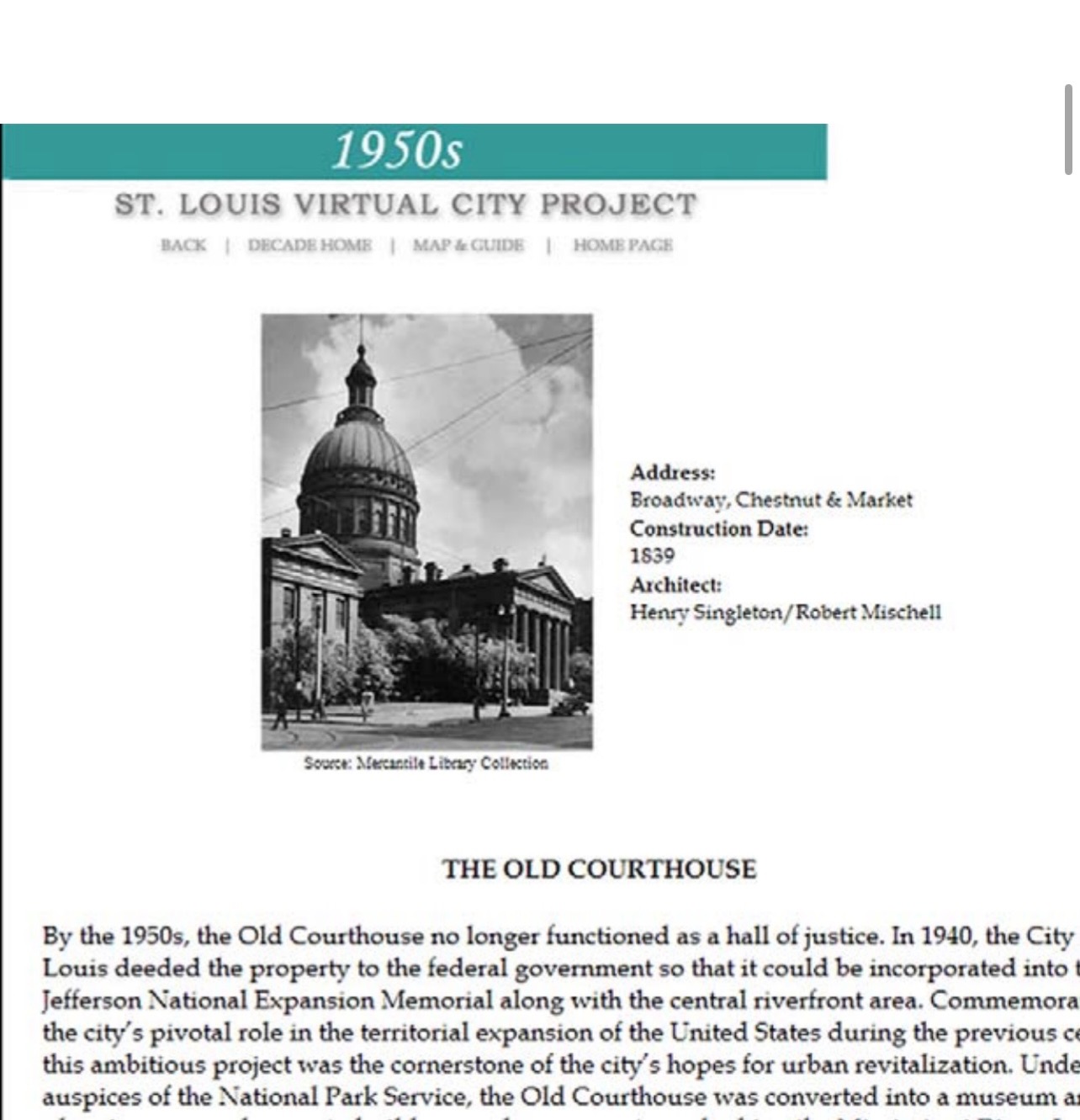
ST. Louis " Old courthouse"
The Impact of Technology in Public Engagement
Technology plays a significant role in public history by expanding access to the public and interactive engagement and allowing historians to reach global audiences beyond their borders.
One of the most engaging uses of technology in public history is 3D reconstruction and social media. 3D reconstruction helps historians recreate historic buildings, artifacts, or lost sites, allowing people to experience them virtually. Andrew Hurley, in his chapter “Chasing the Frontiers of Digital Technology,” discusses how 3D technology has transformed communities’ impact on their environment by making it “more meaningful and compelling.”¹ As a result, 3D technology has influenced social media platforms and significantly impacted projects. This leads to the DICE project discussed by Rebeca Wingo, Jason A. Heppler, and Paul Schadewald in the chapter “Introduction to Digital Community Engagement.” The DICE project promotes community engagement through digital humanities and public humanities. The chapter connects both chapters, showing how they utilized technology and projects to engage with their surrounding communities. The quote states, “Community-engaged practice is closely aligned with the goals and methods of civic engagement and civic tech, or the creation of tools ‘to improve public life.’”² This technology is vital in expanding community engagement by making history more accessible, interactive, and immersive. Through projects like 3D reconstruction and digital humanities initiatives such as the DICE project, technology fosters more profound connections between communities and their histories, ensuring a more meaningful and participatory approach to public history.
Credit:
- Andrew Hurley, Chasing the Frontiers of Digital Technology (2016), 70.
- Rebeca Wingo, Jason A. Heppler, and Paul Schadewald, Introduction to Digital Community Engagement(2020).
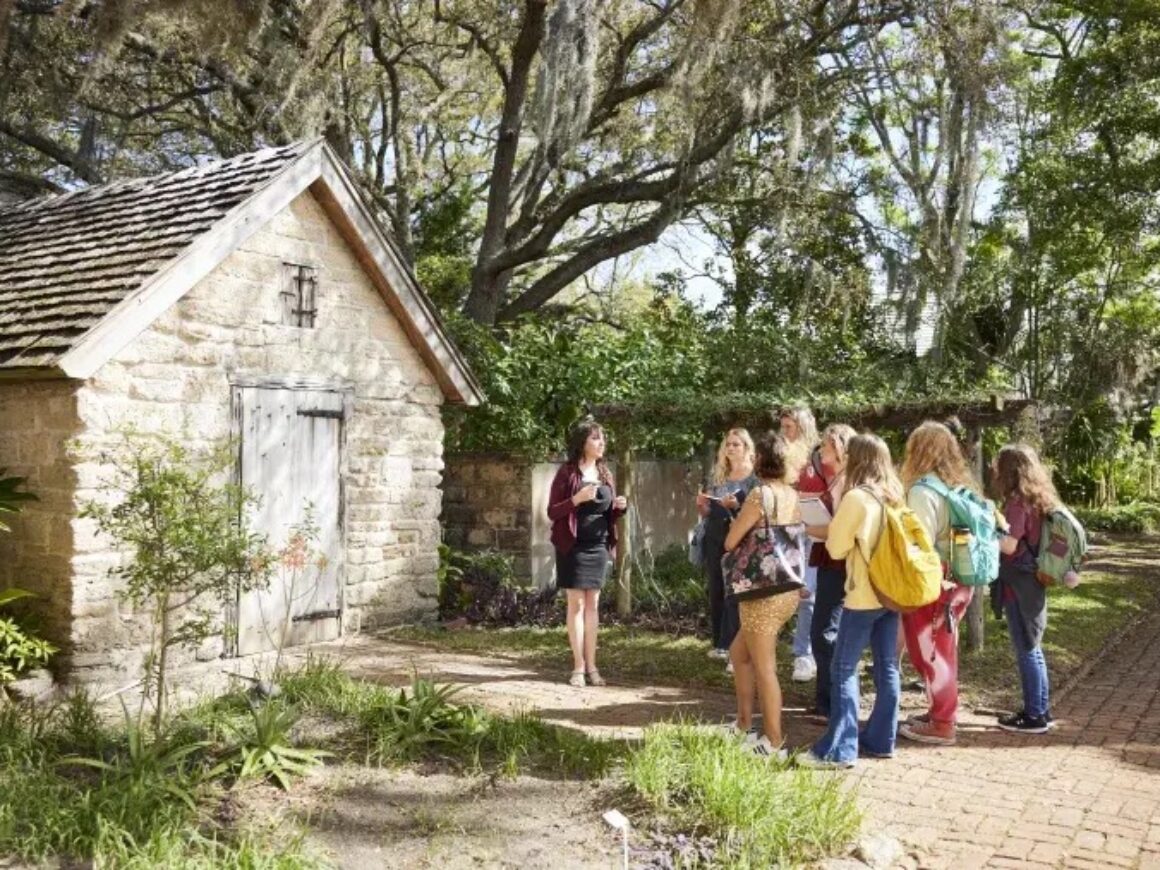





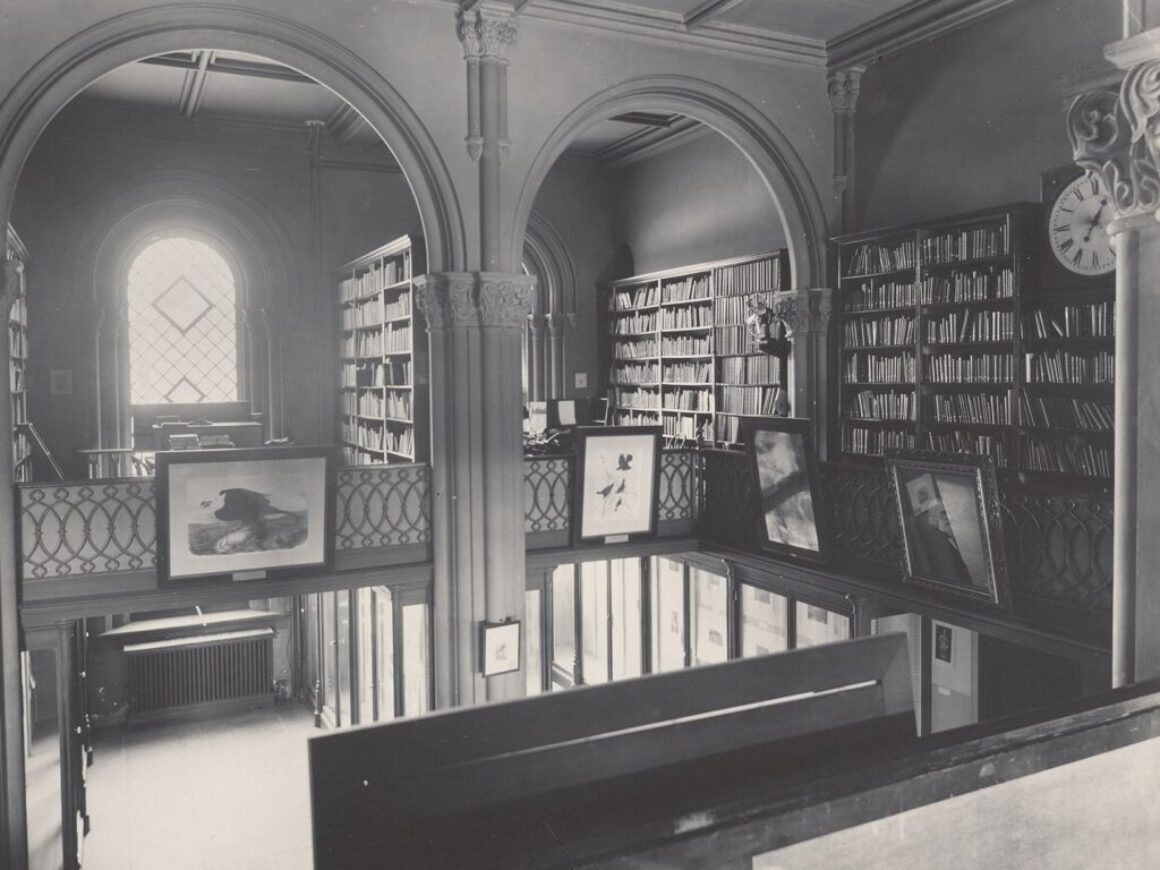


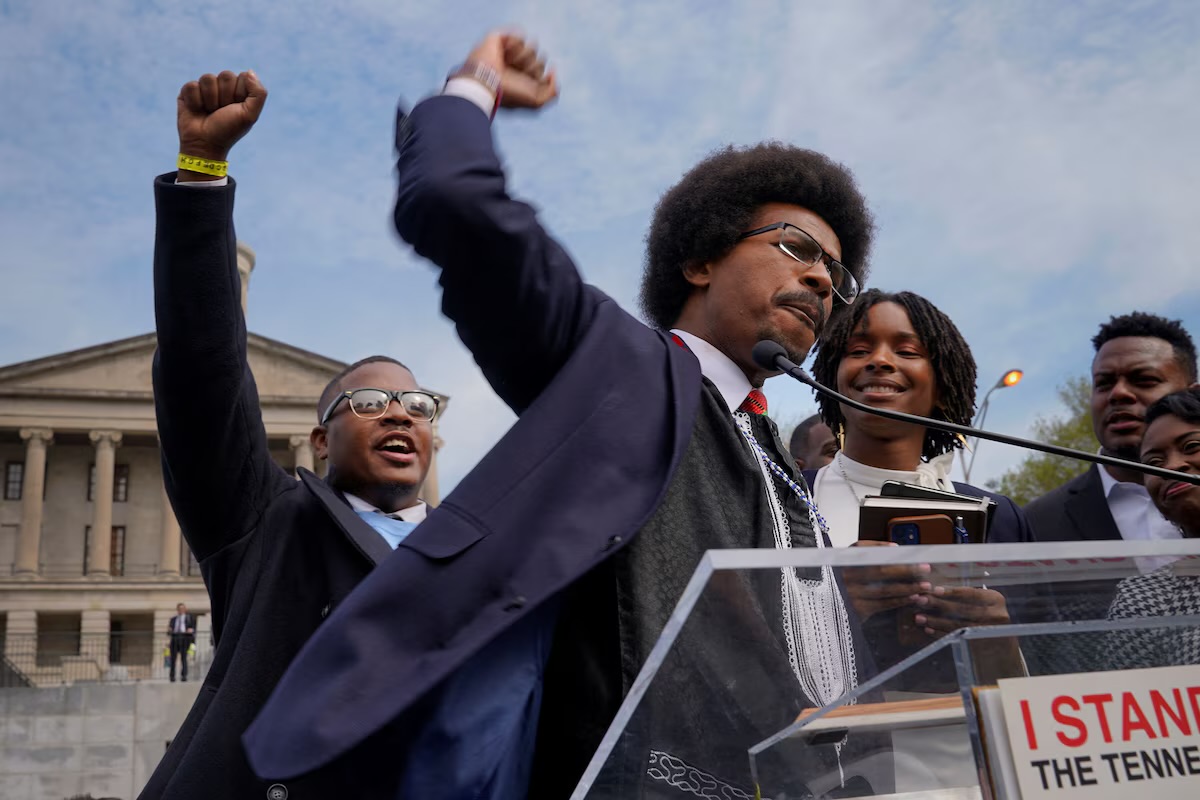
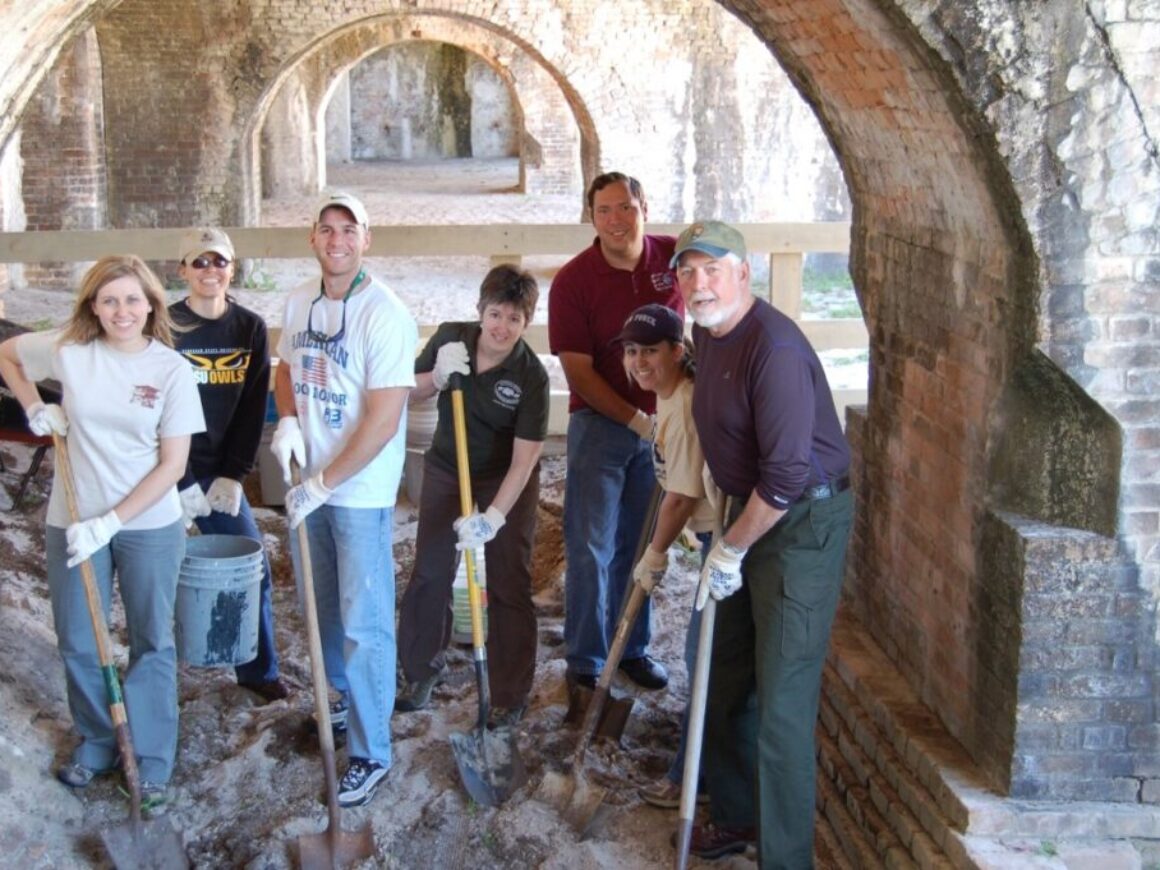
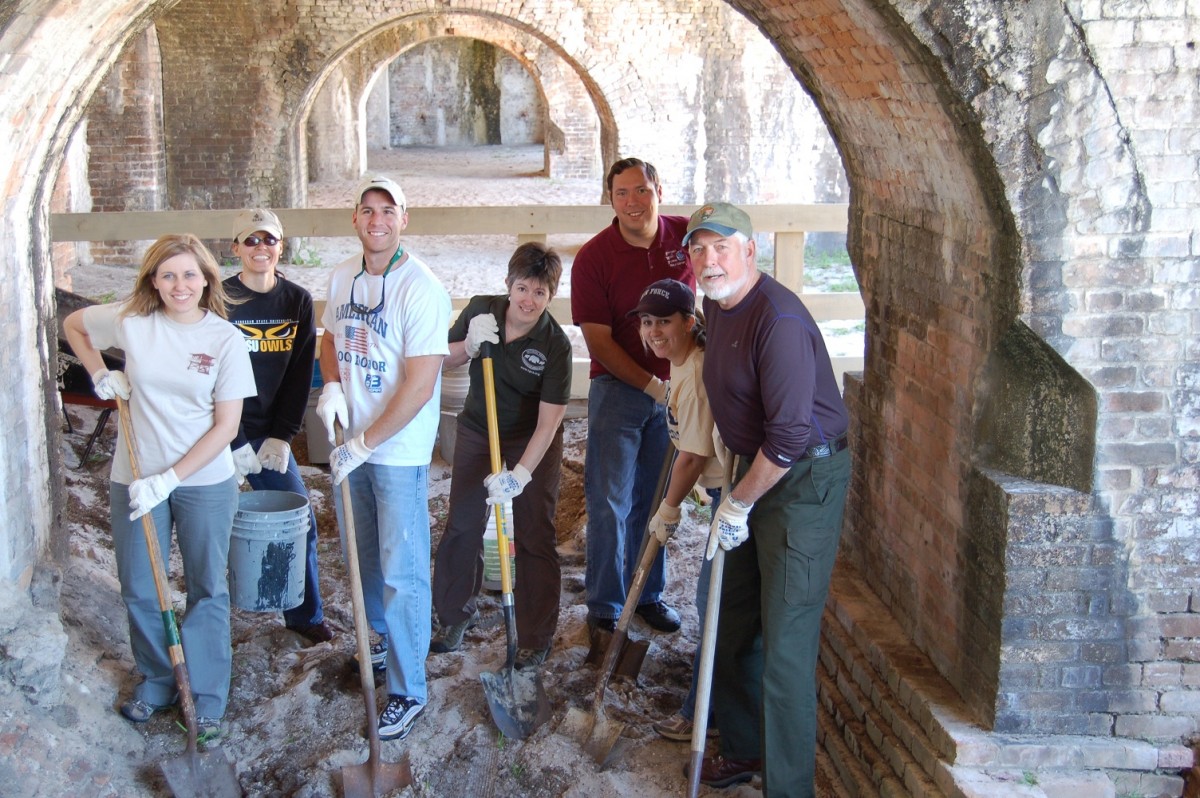
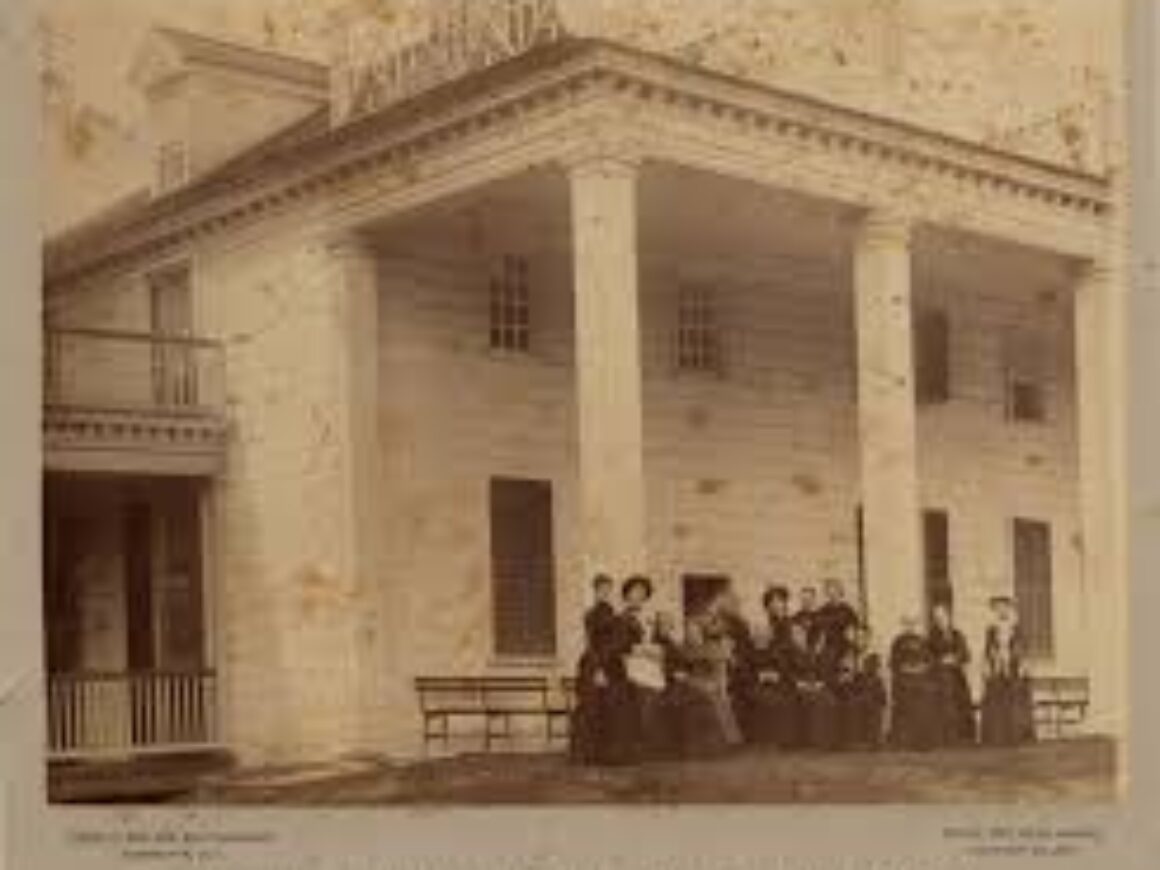
![Mount Vernon : Washington’s Plantation Home in the 1850’s The Mount Vernon Ladies' Association has owned and operated Mount Vernon since its acquisition in the late 1850s. The Ladies have been fierce defenders of Washington's home ever since. In the historic image, fifteen vice-regents of the Mount Vernon Ladies’ Association pose on the piazza of the Mansion in 1884. [Copyright © Luke C. Dillon 1884]](https://pvpantherproject.com/wp-content/uploads/2025/02/mv-1024x852-495x411.jpg)
